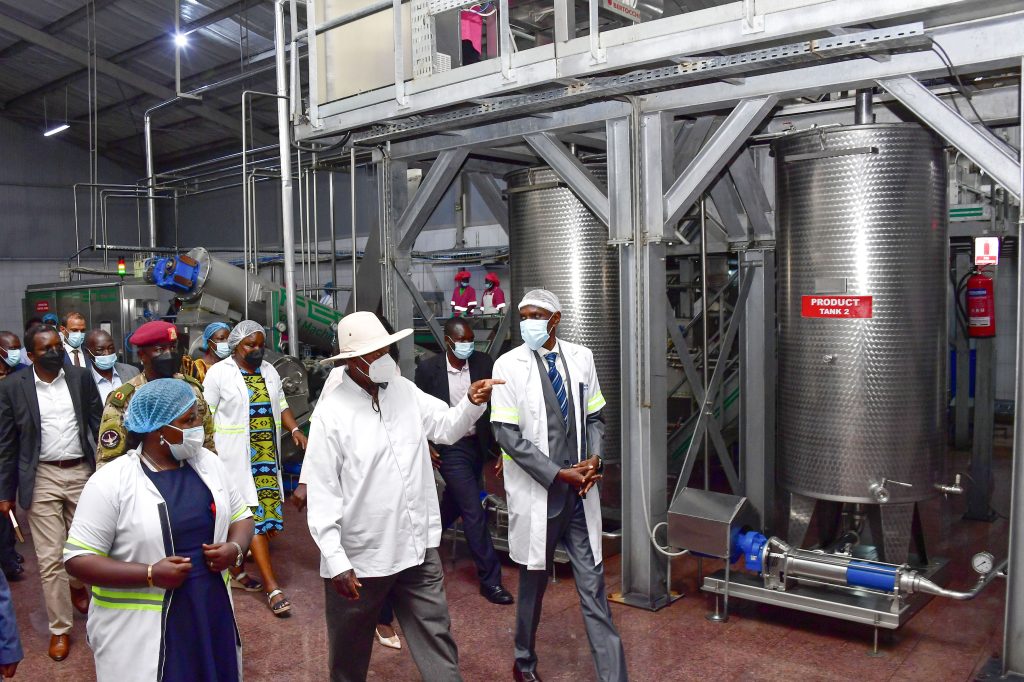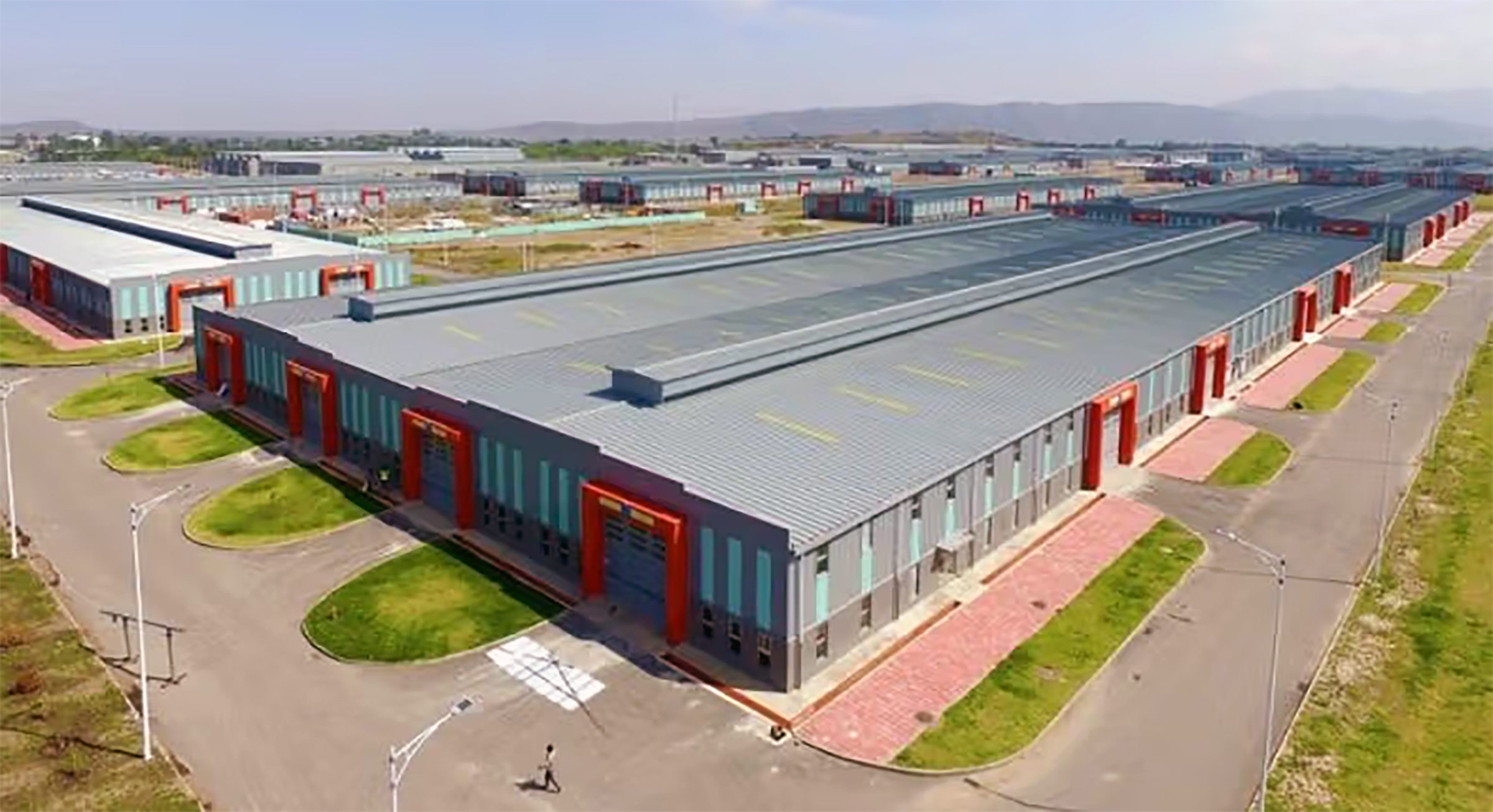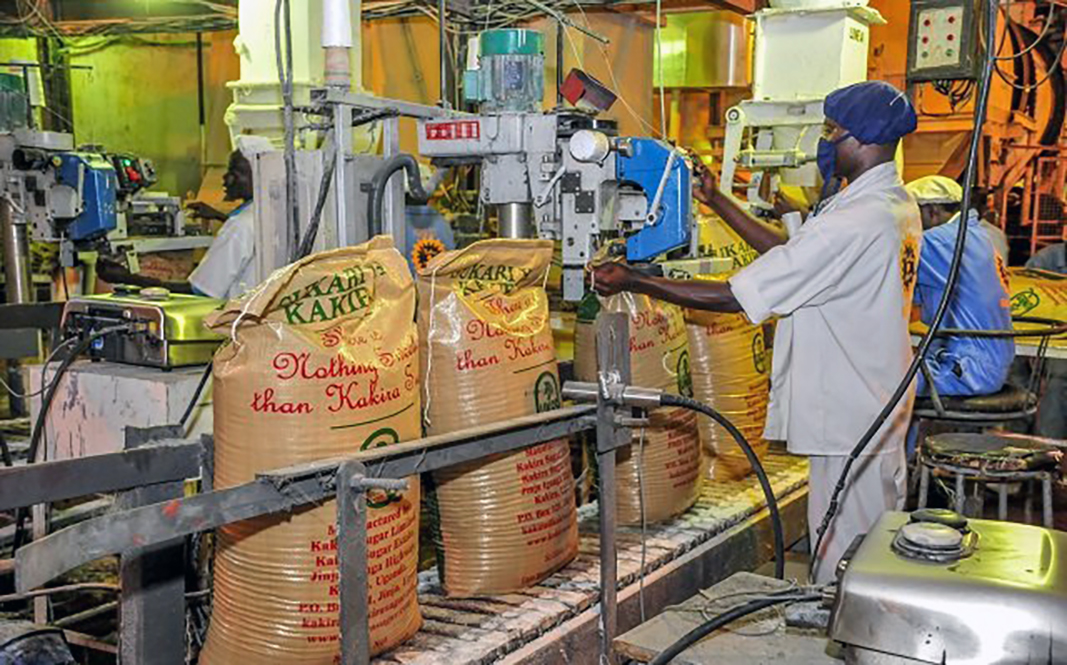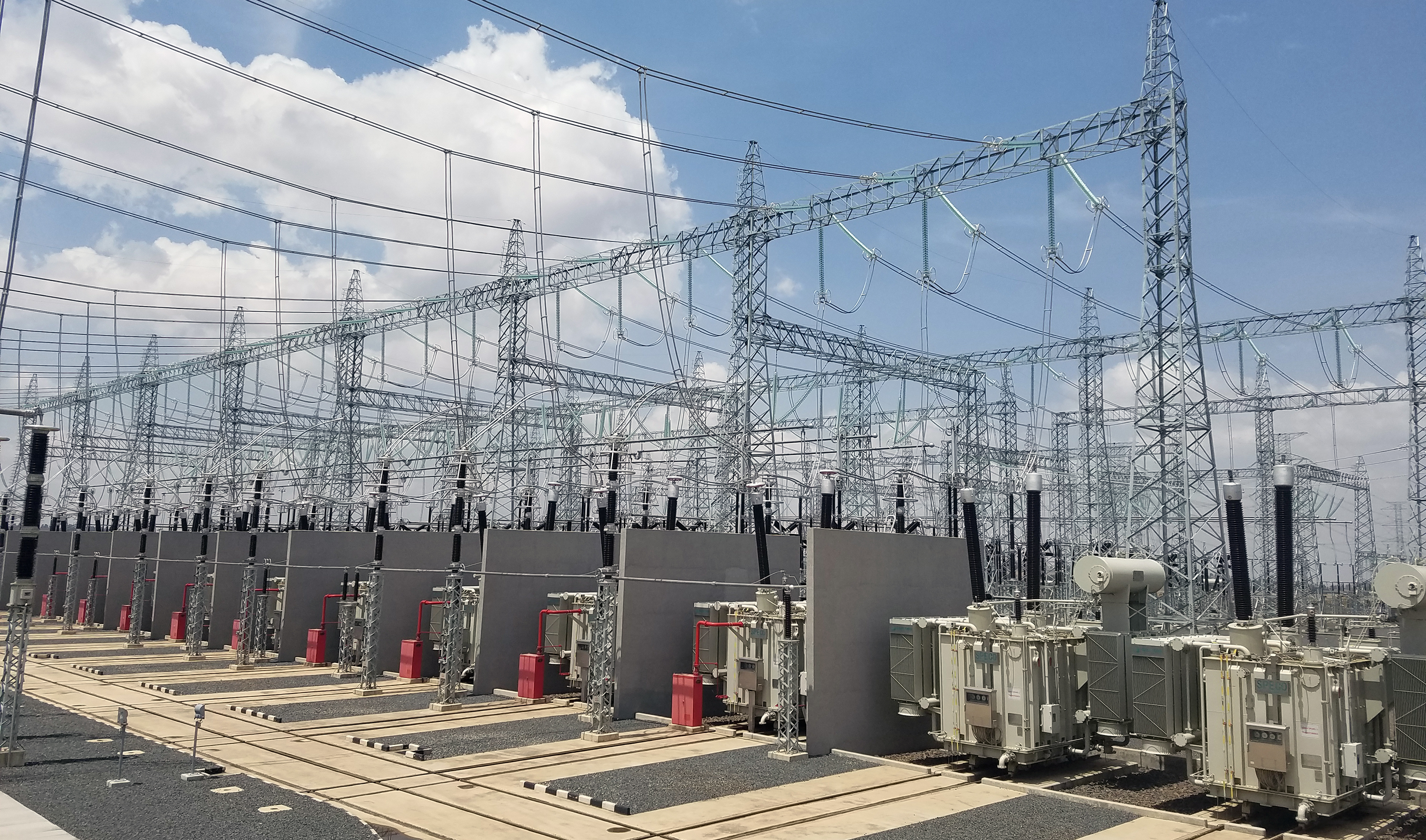Private sector improves as PMI tops 56.4 points

Mumba Kalifungwa (R), the Stanbic Bank CEO, interacts with Ronald Makata, his Chief Finance Officer, as Tich Makonese, the Head of Bankassurance, looks on.
Uganda's private sector is experiencing a improved in May, with business confidence reaching a near two-year peak in the month.
This growth is largely fuelled by strong customer demand and a notable increase in output across various sectors.
The latest Stanbic Bank Purchasing Managers’ Index (PMI) highlights this positive trend, rising to 56.4 in May from 55.3 in April. This figure comfortably sits above the 50.0 threshold, which signifies an overall improvement in business conditions.
- Christopher Legilisho, an economist at Stanbic Bank, emphasized the sustained momentum within the private sector.
"Robust new orders and output were attributed to increased sales and strong customer demand across all monitored sectors," Legilisho stated.
This heightened activity has directly translated into job creation, with Ugandan firms increasing staffing levels for the fourth consecutive month, encompassing both part-time and full-time positions, in response to the growing output.
- The Stanbic PMI, compiled by S&P Global, offers a comprehensive snapshot of the local private sector. It gathers insights from approximately 400 companies spanning key sectors such as agriculture, mining, manufacturing, construction, wholesale, retail, and services.
The index itself is a weighted average that considers new orders, output, employment, suppliers’ delivery times, and stocks of purchases, providing a holistic view of business health.
The report indicates that companies have actively responded to the surge in client demand by increasing both staffing levels and input buying.
Furthermore, the positive outlook for future output has encouraged businesses to accumulate stocks, preparing for continued growth.
While the booming demand is a positive sign, it has also led to some inflationary pressures. Firms increased selling prices again in May, a direct consequence of strong demand conditions and rising purchase and staff costs.
- Legilisho pointed out that escalating operating expenses and higher costs for essential goods like cement, soap, and food have contributed to a "moderate build-up in inflationary pressures."
- Despite these cost increases, the general sentiment among businesses remains highly optimistic. Ugandan firms are anticipating continued growth in customer demand and output over the next 12 months, reflecting strong confidence in the economic landscape.
This optimism is further underscored by expanded purchasing activity and increased inventory levels in response to the robust demand.
The growth in employment across all five monitored sectors has also allowed companies to effectively reduce their outstanding work for the fifth consecutive month, signalling improved operational efficiency.
This sustained upward trend in the PMI suggests a resilient and expanding private sector in Uganda, poised for continued growth in the coming months.



.jpg)











































